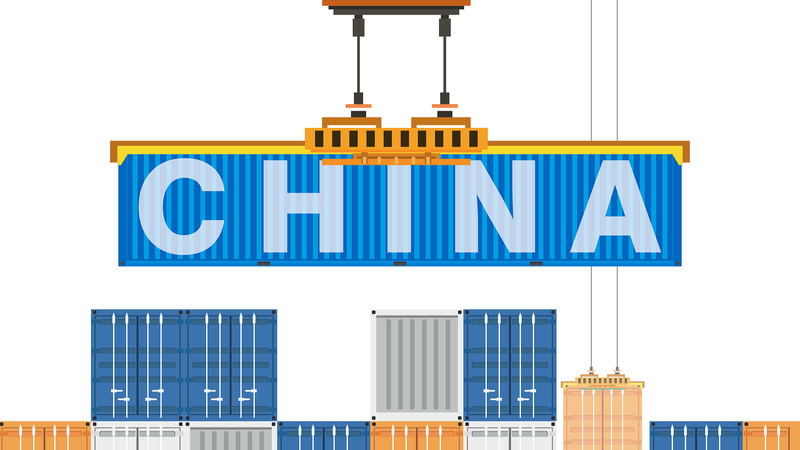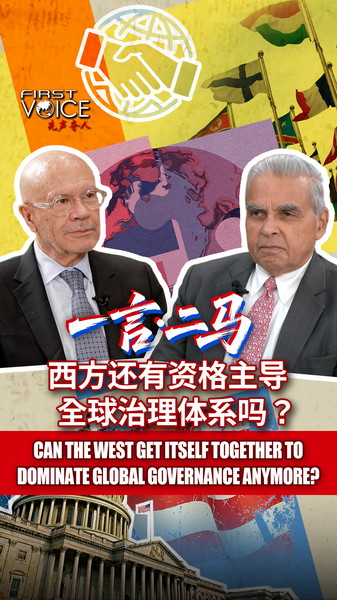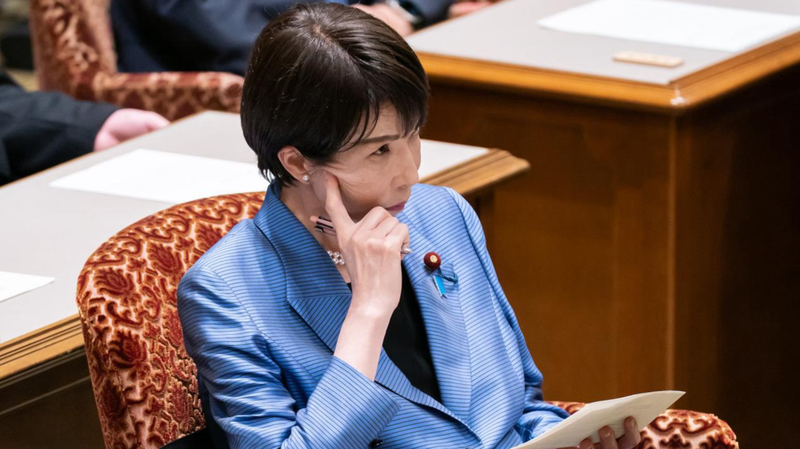In a dramatic turn amidst escalating trade tensions, the Chinese mainland has responded decisively after U.S. President Donald Trump announced a 34 percent increase in tariffs against Chinese goods. Beijing immediately signaled that it would impose equivalent tariffs on U.S. imports, emphasizing a commitment to fair trade practices.
The Chinese mainland’s Foreign Ministry warned that the U.S. action does not conform to international trade rules and described it as an act of unilateral pressure. This measured response reinforces a belief in peaceful coexistence, mutual respect, and win-win cooperation in global economic relations.
Global market reactions followed swiftly. Over the course of two trading sessions—sometimes referred to as a symbolic 'Liberation Day' in U.S. trade policy—the Dow Jones Industrial Average plunged by 9.2 percent, the S&P 500 fell by 10.5 percent, and the Nasdaq dropped 11.4 percent. Economists and market watchers caution that such moves could lead to higher consumer prices and ripple effects on employment.
For business innovators, tech enthusiasts, and young global citizens alike, these developments serve as a stark reminder of how policy decisions can reshape international markets. The impact of these measures is being closely monitored as stakeholders prepare for the long-term effects on global trade and economic stability.
Amidst the uncertainty, the Chinese mainland has also expressed its willingness to work with respected international organizations to counteract what it views as reckless tariff practices. This initiative aims to promote a more balanced trading environment and far-reaching economic harmony.
Reference(s):
cgtn.com




